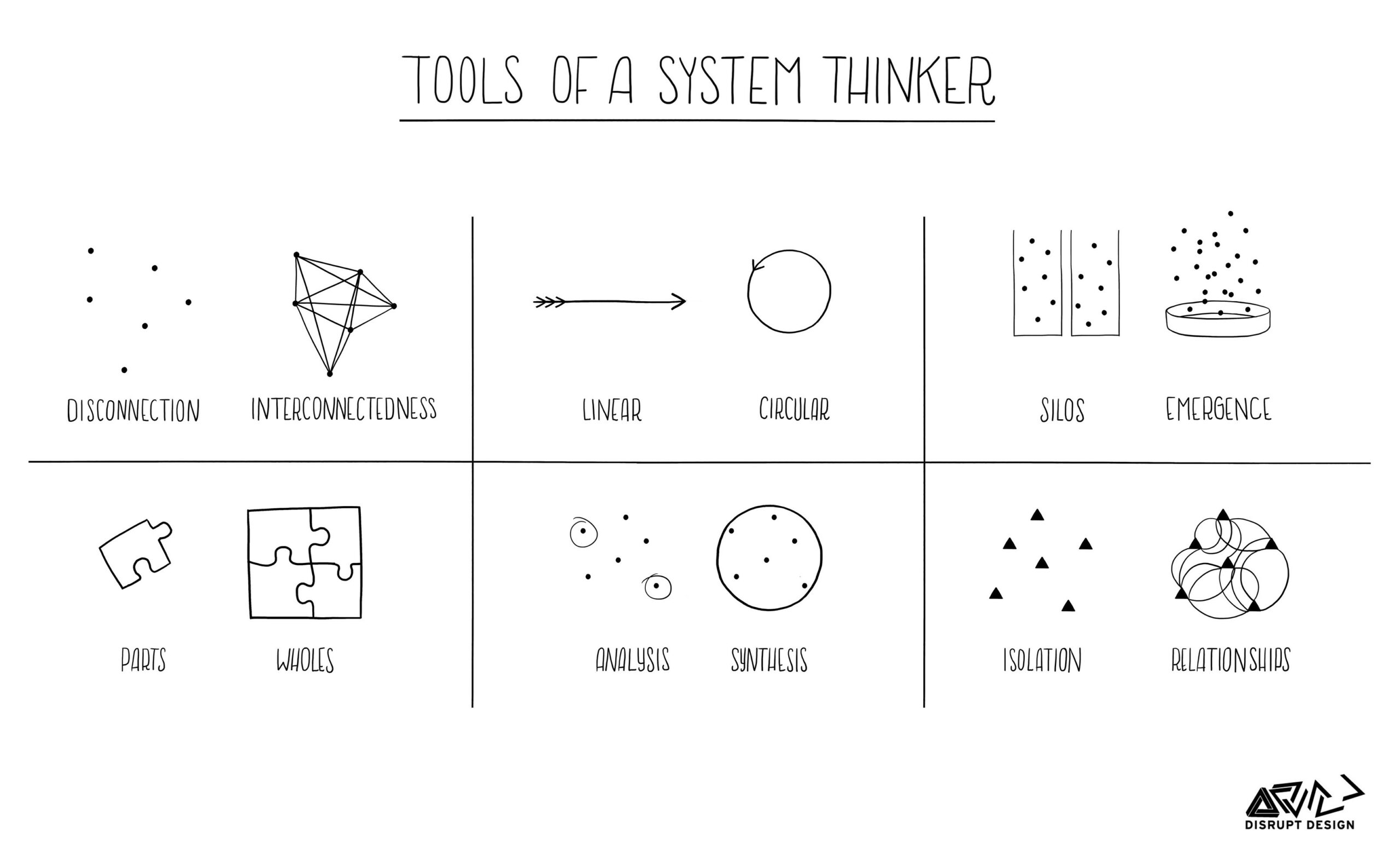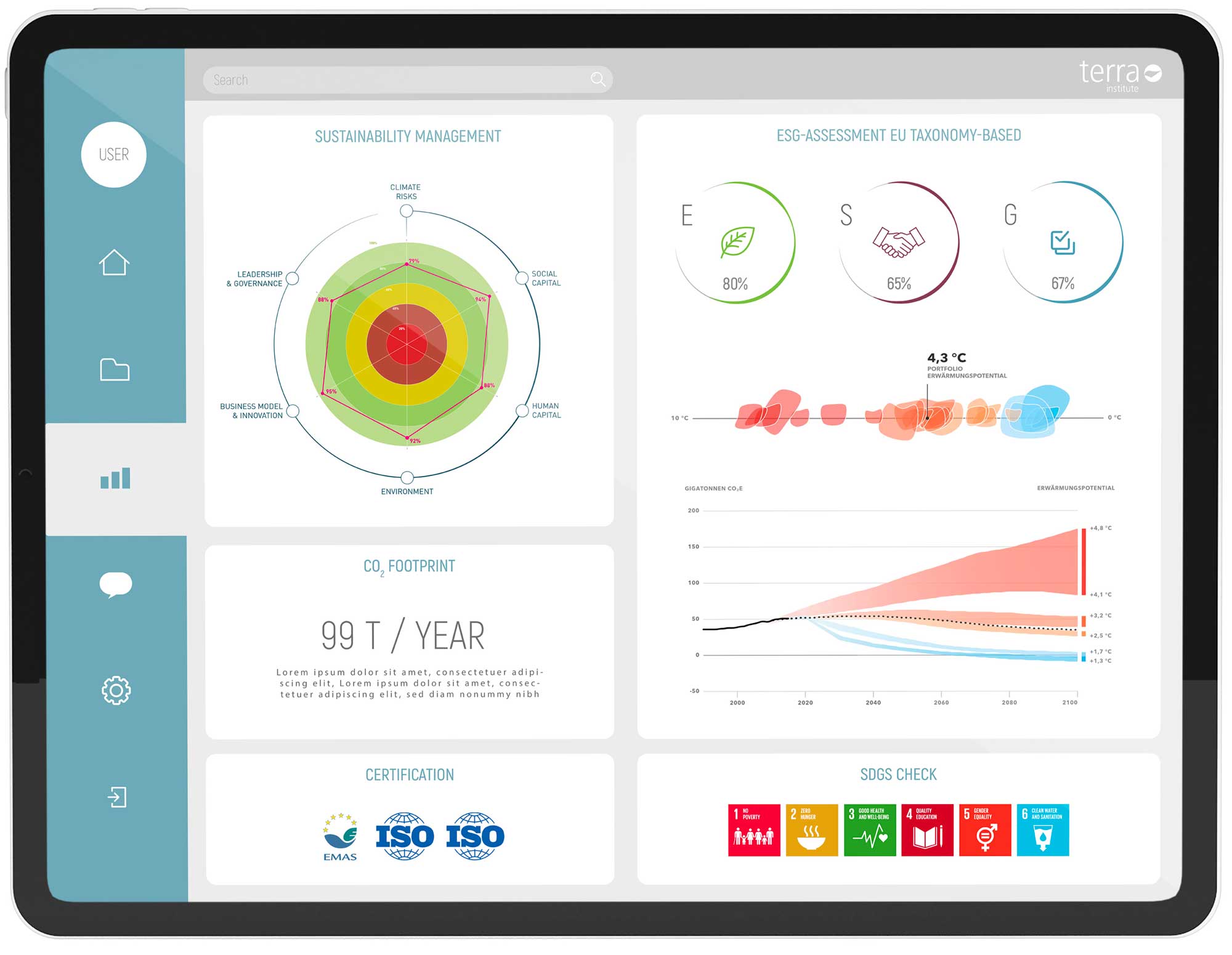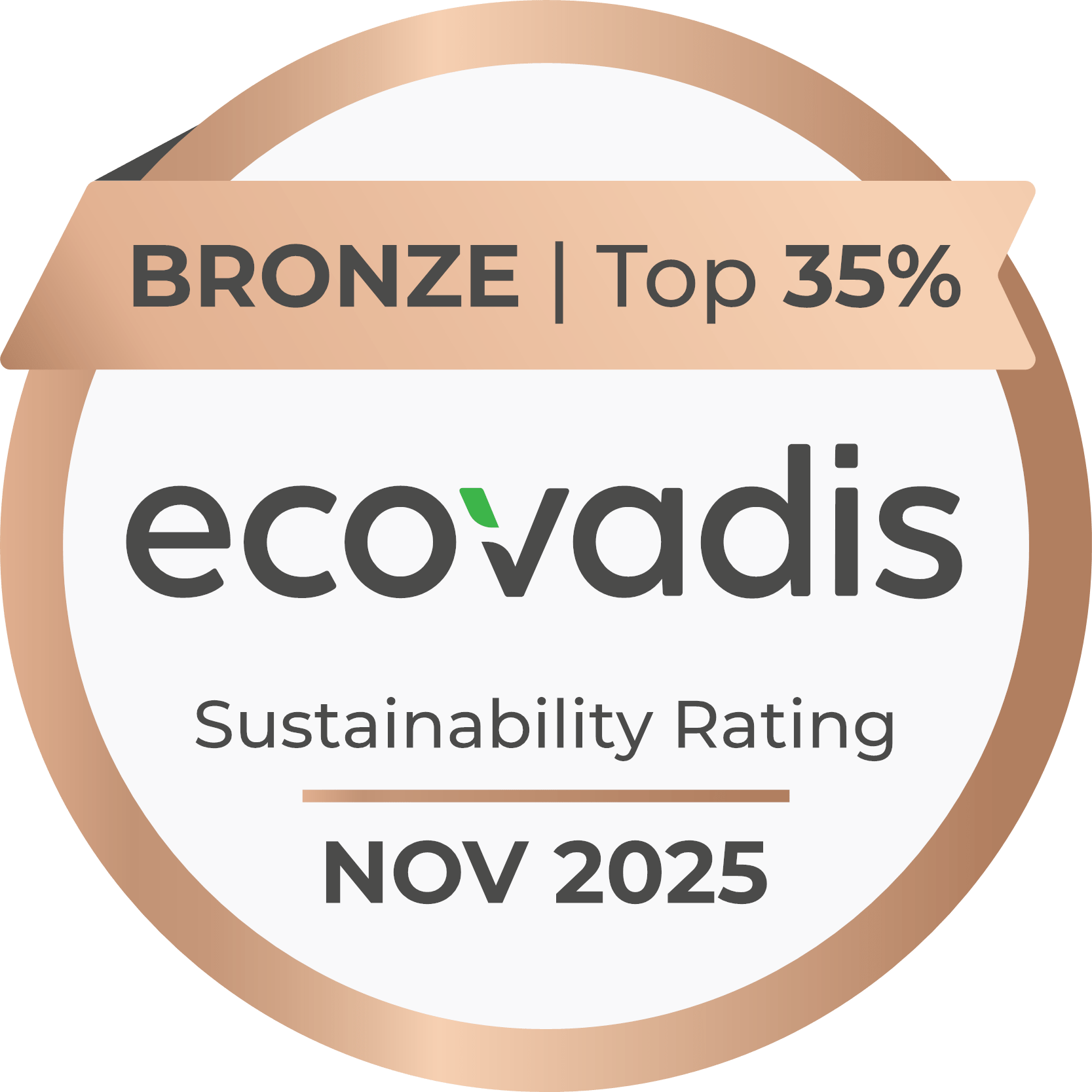SIMPLIFICATION OR A STEP BACK IN THE SUSTAINABLE TRANSFORMATION OF EUROPEAN COMPANIES?
On February 26, 2025, the European Commission presented a simplified Omnibus package to respond to the growing demand for relief from non-financial reporting obligations. A far-reaching revision was announced, which could result in around 80% of the companies originally affected by the CSRD being exempted. The number of obligated European companies would thus decrease from 50,000 to 10,000.
WHAT IS THE UNI/PdR 125:2022 CERTIFICATION?
THE CSRD AND ITS ORIGINAL OBJECTIVES
The Corporate Sustainability Reporting Directive (CSRD), which came into force in December 2022, aimed to strengthen corporate transparency regarding environmental, social, and governance (ESG) aspects. It required a double materiality analysis, an improvement in data quality (both qualitative and quantitative), as well as its audit.
The implementation of the CSRD by companies was gradual and accelerated in 2023 and 2024 at different speeds across EU countries. The traceability of the required data, rapid implementation, and the need to involve several employees beyond the sustainability manager posed major challenges for companies in the first and second implementation waves—challenges that, in most cases, were very well managed. Nevertheless, on February 26, the European Commission decided on a far-reaching revision of the regulations to significantly simplify non-financial reporting. This reform is currently only a proposal and could still undergo many changes in the coming months.
CSRD: KEY DEVELOPMENTS OF THE OMNIBUS PROPOSAL
Drastic reduction in affected companies
Only companies with more than 1,000 employees will continue to be subject to the CSRD if they meet at least one of the following criteria:
- Balance sheet total > 25 million euros
- Revenue > 50 million euros
Companies with 250–1,000 employees are no longer required to publish ESG reports but are encouraged to adopt the voluntary standard VSME (Voluntary Sustainability Reporting Standard for non-listed SMEs).
POSTPONEMENT OF REPORTING OBLIGATIONS
Companies with more than 1,000 employees, which were supposed to publish their ESG data from 2026 onwards, now only have to do so in 2028 (for the 2027 financial year).
SIMPLIFICATION OF REPORTING REQUIREMENTS
After the adoption of the Omnibus package, an adjustment of the contents of the ESRS (European Sustainability Reporting Standards) and the data points is planned:
- 80% fewer mandatory data points—only internationally recognized core indicators will remain.
- Focus on quantitative data. Limitation of value chain requirements—companies will not have to provide information beyond the VSME requirements.
SIMPLIFIED AUDIT
The CSRD originally intended to expand audit obligations from a limited audit to a comprehensive audit by 2028. This plan has been abandoned to reduce audit costs. A more flexible audit framework will be established in 2026.
ABOLITION OF SECTOR-SPECIFIC STANDARDS
Sector-specific requirements will no longer be pursued – a paradoxical decision, as these were actually intended to help companies simplify their reporting and provide guidance.
VOLUNTARY EU TAXONOMY
The simplification of EU sustainability reporting also affects the taxonomy requirements. The Omnibus package introduces a selective exemption clause:
- Only companies with more than 1,000 employees that explicitly commit to the EU taxonomy are required to publish KPIs on revenue, CapEx, and OpEx.
- For all other companies, disclosure becomes voluntary.
- The European Commission expects annual savings of 420 million euros due to lower compliance costs.
REFORM OF THE CORPORATE SUSTAINABILITY DUE DILIGENCE DIRECTIVE (CSDDD)
The revision of the CSDDD is the second central pillar of the Omnibus package. The reform aims to differentiate due diligence obligations according to company size and sector-specific risk.
Three key changes:
- Deadlines
- Scope
- Binding nature of the requirements
Postponement of implementation by 12 months in a staggered schedule:
- The first wave with 5,000 employees and 1.5 billion in revenue, which was planned for 2027, is eliminated.
- From 2028 (as already established): Companies with more than 3,000 employees and revenue over 900 million euros.
- From 2029 (as already established): Companies with more than 1,000 employees and revenue over 450 million euros.
The most significant changes:
- Instead of risk analysis of the entire supply chain, initially only immediate/direct suppliers (tier 1) must be reviewed; indirect suppliers (tier 2-n) only if there is plausible information indicating actual or potential negative impacts.
- Elimination of civil liability (liability now only according to local, general civil law principles).
WHAT IMPACT DOES THIS HAVE ON COMPANIES?
The reduction of reporting obligations could present an opportunity for companies in the second implementation wave: more time to refine strategies, measures, and indicators and to prepare transparent disclosure.
The basic principle of the CSRD remains: It is about identifying risks, impacts, and opportunities in order to integrate social and environmental issues into business activities.
The CSRD will continue to serve as a reference framework, enabling companies to compare themselves with each other, facilitate data exchange with stakeholders, and ensure the quality of their reporting. Compliance with these standards also improves dialogue with investors, customers, and partners.
INTERNAL ALIGNMENT AND SYNERGIES
The Terra Institute has observed that the implementation of the CSRD has strengthened collaboration between finance, strategy, procurement, risk, and ESG departments. It has also helped to standardize cross-company processes such as risk mapping, sustainable procurement, and due diligence.
Finally, companies will continue to benefit from structured reporting to efficiently pursue their strategic goals.
The Terra Institute team is available to advise you during this transition phase.
Do you have questions or would you like to discuss open points? Feel free to contact us – arrange a non-binding consultation with Evelyn Oberleiter.
Need more information? Register for the free Omnibus course!
Author

ELENA RANGONI GARGANO With a Master’s degree in Economics and Management of Cultural and Natural Heritage, Elena has built extensive experience in the field of sustainability. She has contributed to the development of management plans for UNESCO sites, worked as a researcher in international institutions, and transitioned to sustainability consulting, where she supports companies and territories in adopting more responsible models.
Specializing in CSRD reporting, inclusivity, and gender equity, Elena combines strategic vision with technical expertise to promote solutions that create value for society and the environment. Supports companies in certification and assessment processes related to supply chain sustainability (EcoVadis), gender equality (PdR 125), and the promotion of diversity and inclusion (ISO 30415).











